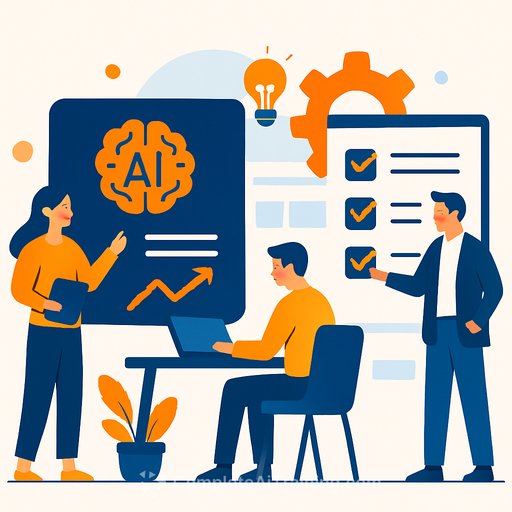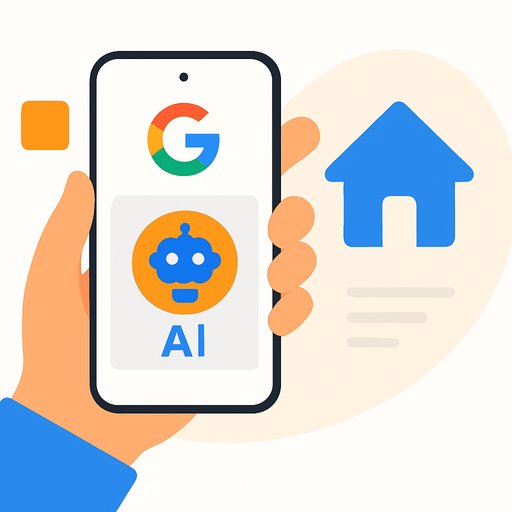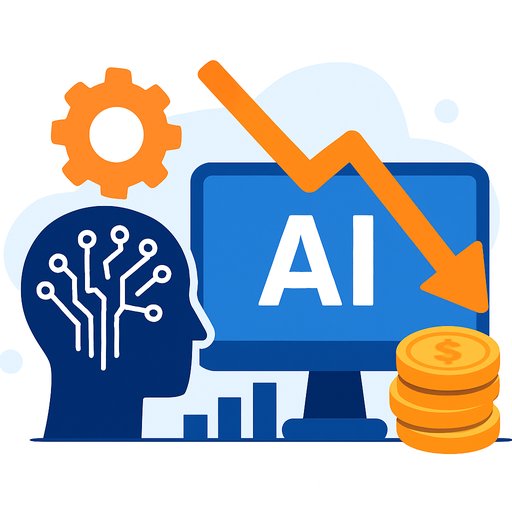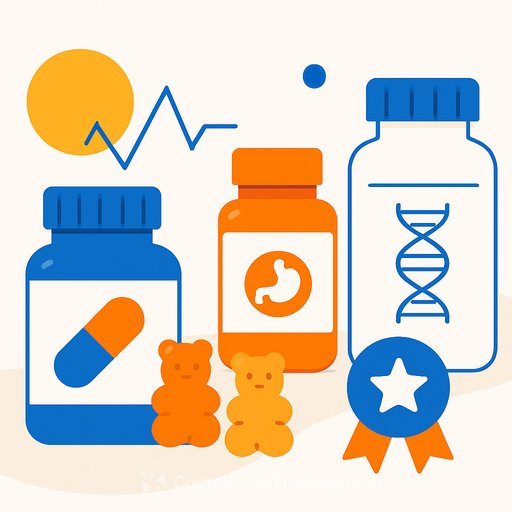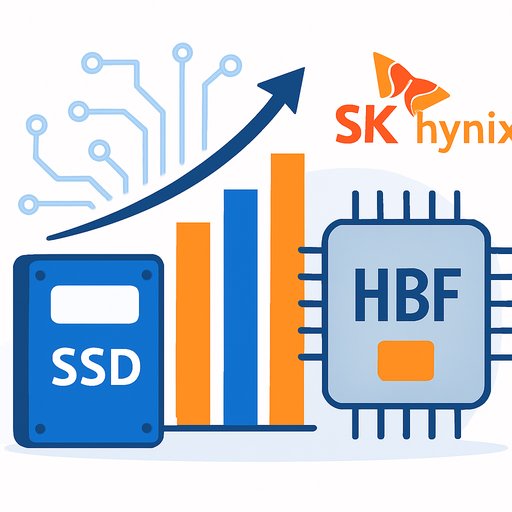AI readiness checks, bespoke roadmaps: how Beyondsoft's new Singapore Innovation Lab speeds product development
Beyondsoft has opened its third global Innovation Lab in Singapore, expanding a network that includes Beijing and Tokyo. The lab builds on Singapore's international HQ capabilities in AI consulting and delivery, Big Data, AI-driven analytics, and end-to-end digital transformation.
"We hope that the new lab will become a space where ideas converge, and where enterprises collaborate, test and refine AI applications before scaling them across South-east Asia and beyond," said Ben Wang, founder and chairman of Beyondsoft.
What product teams can get right now
- AI-readiness assessments to map data, process fit, and risk before you write a single line of code.
- Custom roadmaps that prioritize high-ROI use cases and build-or-buy choices by function and market.
- Prototyping sprints to validate models with real data, users, and constraints-then scale or kill fast.
- Workshops for PMs, engineers, and ops to align on metrics, guardrails, and deployment patterns.
- Compliance guidance for Asean markets, with delivery support across cloud, on-prem, or hybrid.
- SME-friendly paths that leverage external tools and APIs to keep costs predictable.
Why Singapore is the launchpad
Singapore offers strong incentives, a deep talent pool, and a reliable testbed for scaling across Asean. It's a practical place to validate products, stress-test governance, and build cross-border partnerships.
For incentives and regulatory clarity, explore resources from Singapore's economic and digital agencies: EDB incentives and schemes and IMDA's AI Verify.
AI+ focus areas: industry-first, export-ready
The Singapore lab concentrates on AI integration (AI+) for sectors like healthcare and green energy. "We aim to bring in the best and most successful technology and products from our other overseas and regional markets, including the United States and China, to this new innovation lab to feed the local market," Wang said.
Cross-border innovation network
Beyondsoft frames the lab as more than a physical space. It links talent and resources across countries, cultures, and industries-Beijing connects investors with AI start-ups, Tokyo advances AI integration and Web3, and Singapore acts as a regional launchpad.
Proof through partnerships
- Meijin Hydrogen Energy: collaborating to digitise and optimise energy systems. "Future competition in the energy sector will not only revolve around resources but also technology, algorithms and innovation," said chairwoman Yao Jinli.
- ULearning: co-developing professional training platforms in Asean. "We see this partnership as a way to build model success cases here and expand them across Asean," said general manager Christina Ng.
- Baison Software: supporting Chinese retail brands entering South-east Asia with practical, go-to-market tech and services. "Beyondsoft is not just a tech provider but a strategic partner," said chairman and CEO Huang Fei.
- Pull-Tab Coffee: using data analytics to inform product decisions from packaging colour to sweetness levels, said founder Sui Hongjiang.
For product leaders: a 90-day engagement playbook
- Weeks 0-2: AI-readiness check. Inventory data sources, define north-star KPIs, align stakeholders on risk and governance.
- Weeks 2-4: Use-case triage. Score impact vs. effort, confirm success metrics, set budget and timeline. Choose build vs. integrate.
- Weeks 4-8: PoC sprints. Ship a thin slice into a sandbox with real data. Measure lift vs. baseline. Kill, pivot, or double down.
- Weeks 8-10: Security and compliance. Validate data residency, privacy, model monitoring, and audit trails across target markets.
- Weeks 10-12: Limited pilot. Roll to a controlled cohort. Track adoption, defect rates, unit economics, and operational load.
- Post-12 weeks: Scale plan. MLOps, change management, training, and a backlog of the next two quarters of iterations.
Metrics that matter
- Time to first production inference and release velocity.
- Model quality vs. baseline (accuracy, recall, or business-specific metrics).
- Unit economics: cost per task, margin impact, payback period.
- Adoption: active users, feature usage, and time saved per workflow.
- Risk: incident rate, false-positive cost, compliance audit pass rate.
- Customer outcomes: NPS, retention, conversion lift.
SMEs can move fast too
"SMEs love using new technology to improve operations, but in the past, digital transformation was too costly," Wang noted. "AI changes this as it allows for faster transformation by leveraging external tools and capabilities."
Expect pragmatic stacks: managed models, API-first integration, and a focus on measurable wins over big-bang rebuilds.
China to Asean: building full-stack ecosystems
With overseas investments growing and Asean as a key destination, Chinese companies are shifting from exporting products to building end-to-end ecosystems. "They do research and development, build supply chains, and provide branding and other services, which allows them to integrate into global markets," said Chen Chao, senior vice-president at Beyondsoft.
The Singapore Innovation Lab supports this with localised compliance, technology implementation, and on-the-ground delivery.
What's next
Beyondsoft plans to replicate the innovation lab model in other strategic markets, including Japan and the US. Wang's view: AI shifts operating models from centralised workflows to partner-led ecosystems-do what you're great at and integrate the rest.
Upskill your product team
If your roadmap includes AI features or automation, align capability building with your launch plan. Explore practical training and certifications built for product roles:
Make your next 90 days count
Use the lab for an AI-readiness check, a focused PoC, and a pilot you can measure. Keep the scope tight, track the right metrics, and scale only what proves value.
To explore collaboration, connect with the Beyondsoft Singapore Innovation Lab and schedule an assessment.
Your membership also unlocks:

